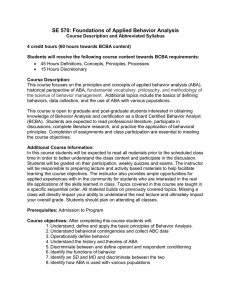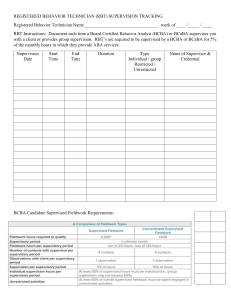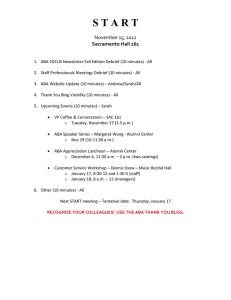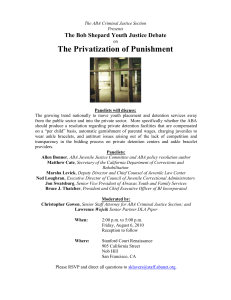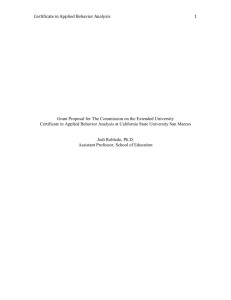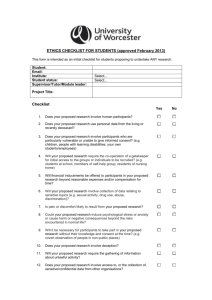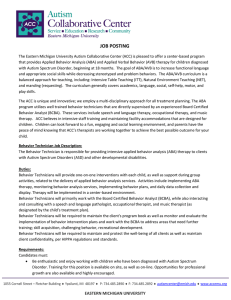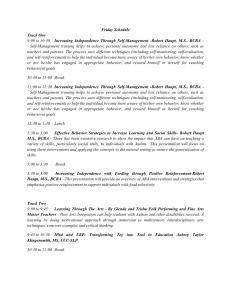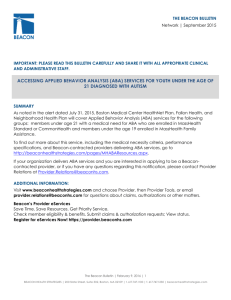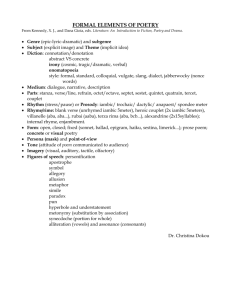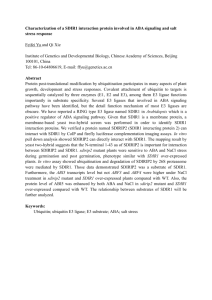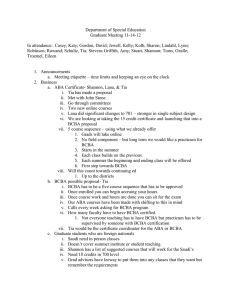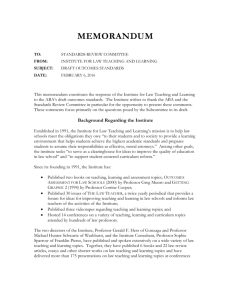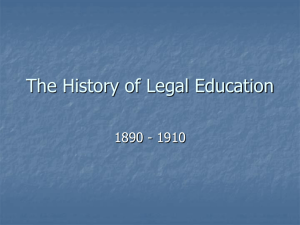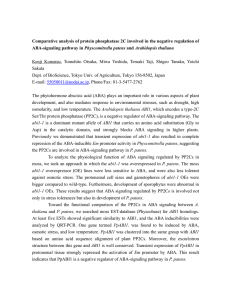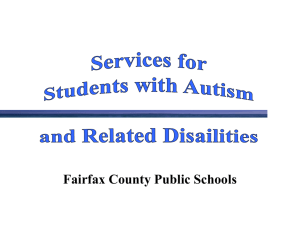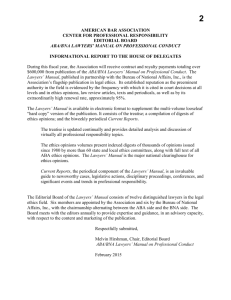Ethics of Applied Behavior Analysis
advertisement
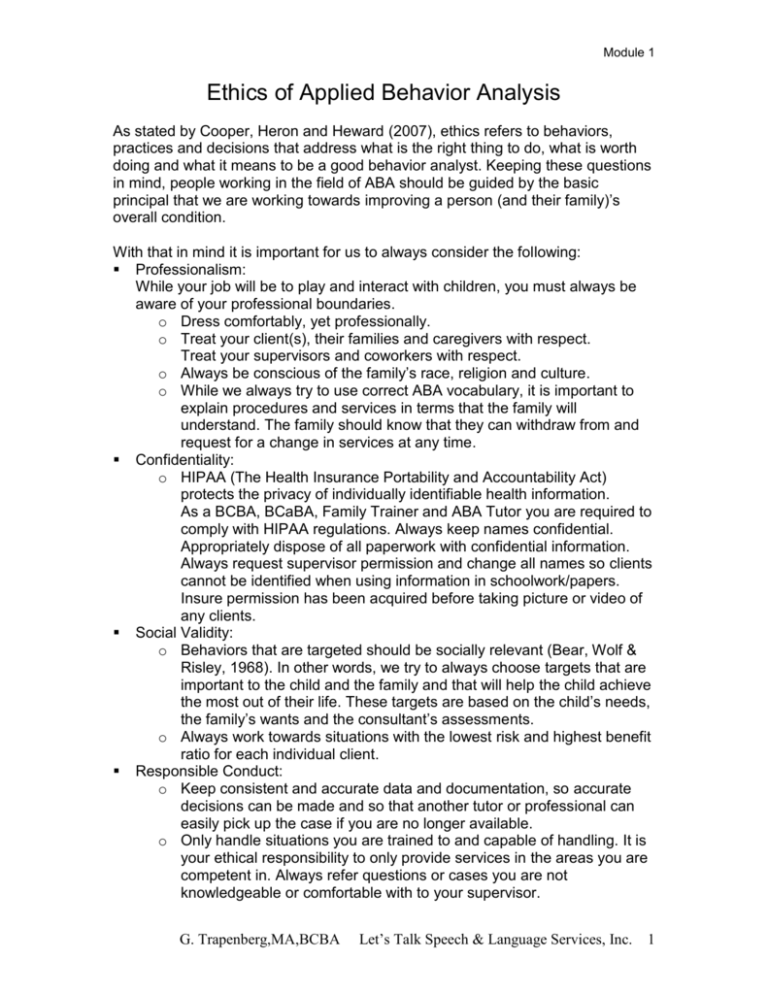
Module 1 Ethics of Applied Behavior Analysis As stated by Cooper, Heron and Heward (2007), ethics refers to behaviors, practices and decisions that address what is the right thing to do, what is worth doing and what it means to be a good behavior analyst. Keeping these questions in mind, people working in the field of ABA should be guided by the basic principal that we are working towards improving a person (and their family)’s overall condition. With that in mind it is important for us to always consider the following: Professionalism: While your job will be to play and interact with children, you must always be aware of your professional boundaries. o Dress comfortably, yet professionally. o Treat your client(s), their families and caregivers with respect. Treat your supervisors and coworkers with respect. o Always be conscious of the family’s race, religion and culture. o While we always try to use correct ABA vocabulary, it is important to explain procedures and services in terms that the family will understand. The family should know that they can withdraw from and request for a change in services at any time. Confidentiality: o HIPAA (The Health Insurance Portability and Accountability Act) protects the privacy of individually identifiable health information. As a BCBA, BCaBA, Family Trainer and ABA Tutor you are required to comply with HIPAA regulations. Always keep names confidential. Appropriately dispose of all paperwork with confidential information. Always request supervisor permission and change all names so clients cannot be identified when using information in schoolwork/papers. Insure permission has been acquired before taking picture or video of any clients. Social Validity: o Behaviors that are targeted should be socially relevant (Bear, Wolf & Risley, 1968). In other words, we try to always choose targets that are important to the child and the family and that will help the child achieve the most out of their life. These targets are based on the child’s needs, the family’s wants and the consultant’s assessments. o Always work towards situations with the lowest risk and highest benefit ratio for each individual client. Responsible Conduct: o Keep consistent and accurate data and documentation, so accurate decisions can be made and so that another tutor or professional can easily pick up the case if you are no longer available. o Only handle situations you are trained to and capable of handling. It is your ethical responsibility to only provide services in the areas you are competent in. Always refer questions or cases you are not knowledgeable or comfortable with to your supervisor. G. Trapenberg,MA,BCBA Let’s Talk Speech & Language Services, Inc. 1
